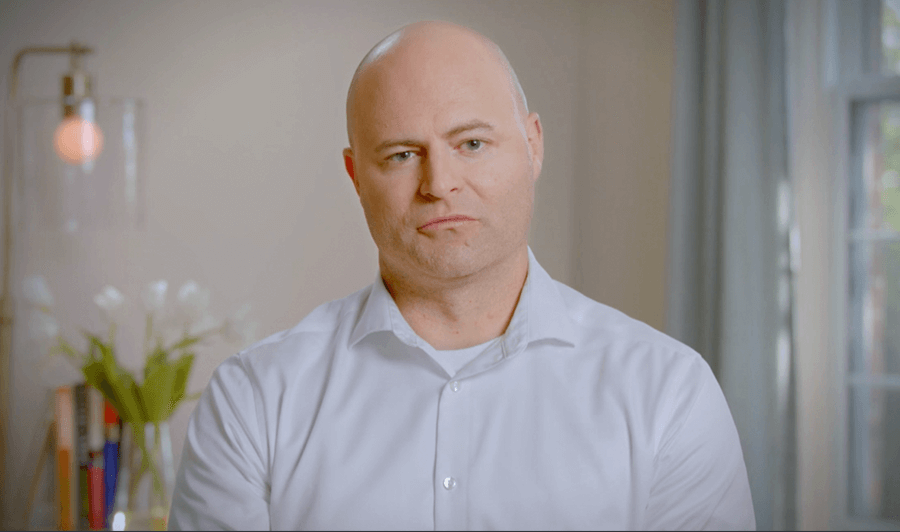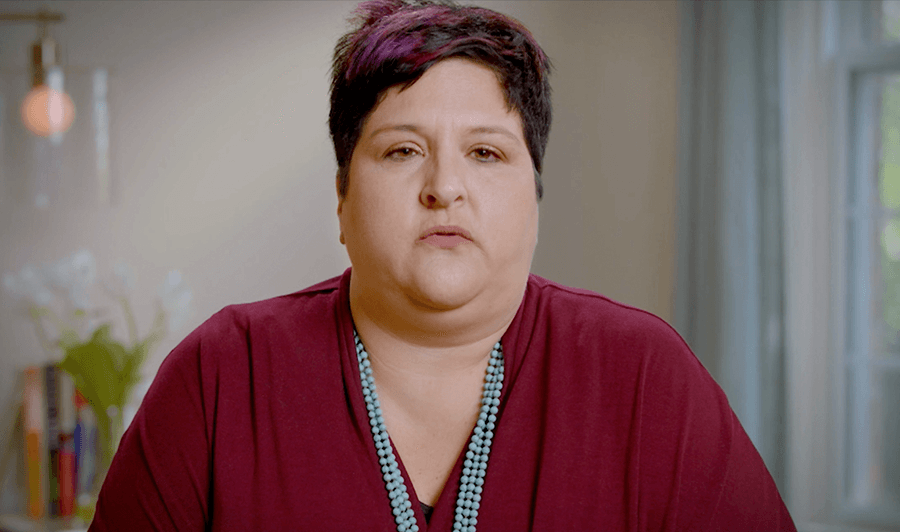Find Out How Iowa Bike Accident Lawyers Can Help You Get a Fair Settlement For Your Bicycle Crash Injuries
Being seriously injured in a serious bicycle crash can be a life-changing event. The bike accident attorneys at RSH Legal understand you may be confused about your next steps.
If you were injured in a bike accident in Iowa or lost a loved one because of a careless driver, your mind is probably swirling with questions like:
- “Who is responsible for my medical bills?”
- “How long do I have to settle my bike crash claim?”
- “Is it a good idea to talk to the driver’s insurance company?”
- “Do I really need an experienced Iowa bike accident lawyer to get a fair settlement?”
Unfortunately, many insurance companies try to take advantage of innocent bike riders who don’t know their rights. Every day we get calls from people who suspect they are being cheated or deceived by insurance corporations. No matter what the excuse, the insurance industry’s goal is always the same – paying as little compensation as possible.
It’s time to say enough is enough. People need to know their rights before they talk to an insurance company representative or settle their bike accident claim. The experienced Iowa personal injury attorneys at RSH Legal can help you educate yourself about these rights.
RSH Legal has spent 30 years helping Iowa bike crash victims get fair compensation from negligent drivers. We have seen every costly mistake and every sleazy insurance industry trick used to avoid paying fair insurance settlements.
We decided to do something about it.
So we gathered all of our tips, strategies, and warnings for injured bike riders into one FREE resource – The Law Guide to Iowa Bicycle Accident Claims.
The Law Guide to Iowa Bicycle Accident Claims is straightforward and easy to read.
Inside, you will find:
- The most common mistakes made
- Unfair strategies that insurance companies use to cheat bicycle accident victims – so you will see them coming a mile away.
- Clear instructions about how to properly document your injuries, property damage to your bike, and loss of income – so the auto insurance company can’t deny your bike crash claim due to a lack of information.
- An easy step-by-step system to follow so you can find the right Iowa personal injury attorney for your case – we even give you some questions to ask when you get an attorney on the phone.This is the same insider information our personal injury attorneys give their own family members after a bike accident.
Here is a sample of the comments RSH Legal has received from grateful readers:
"I would never have known all the information that you shared in this Guide. Such incredible work you have done!"
"This was some of the best advice I have ever received."
Get the legal guidance you need to protect yourself and the peace of mind that comes with knowing that you’re doing the right thing. Type your email address into the form on this page and we will quickly email you a digital copy of our FREE Law Guide to Iowa Bicycle Accident Claims.
If you are unable to receive a digital copy of our guide by email, call us at 319-409-6575 to request your hard copy today.
Take care,

Tim Semelroth
Board-Certified Trial Attorney

Pressley Henningsen
AV-Rated Trial Attorney
A car came through the median and we were hit head on. Every bone in my body from my lower jaw down to the bottom of my feet was broken. My medical bills were in the hundreds of thousands of dollars. I can’t imagine going through something like this without someone like Tim or RSH Legal.
See more Client ReviewsClient Reviews









